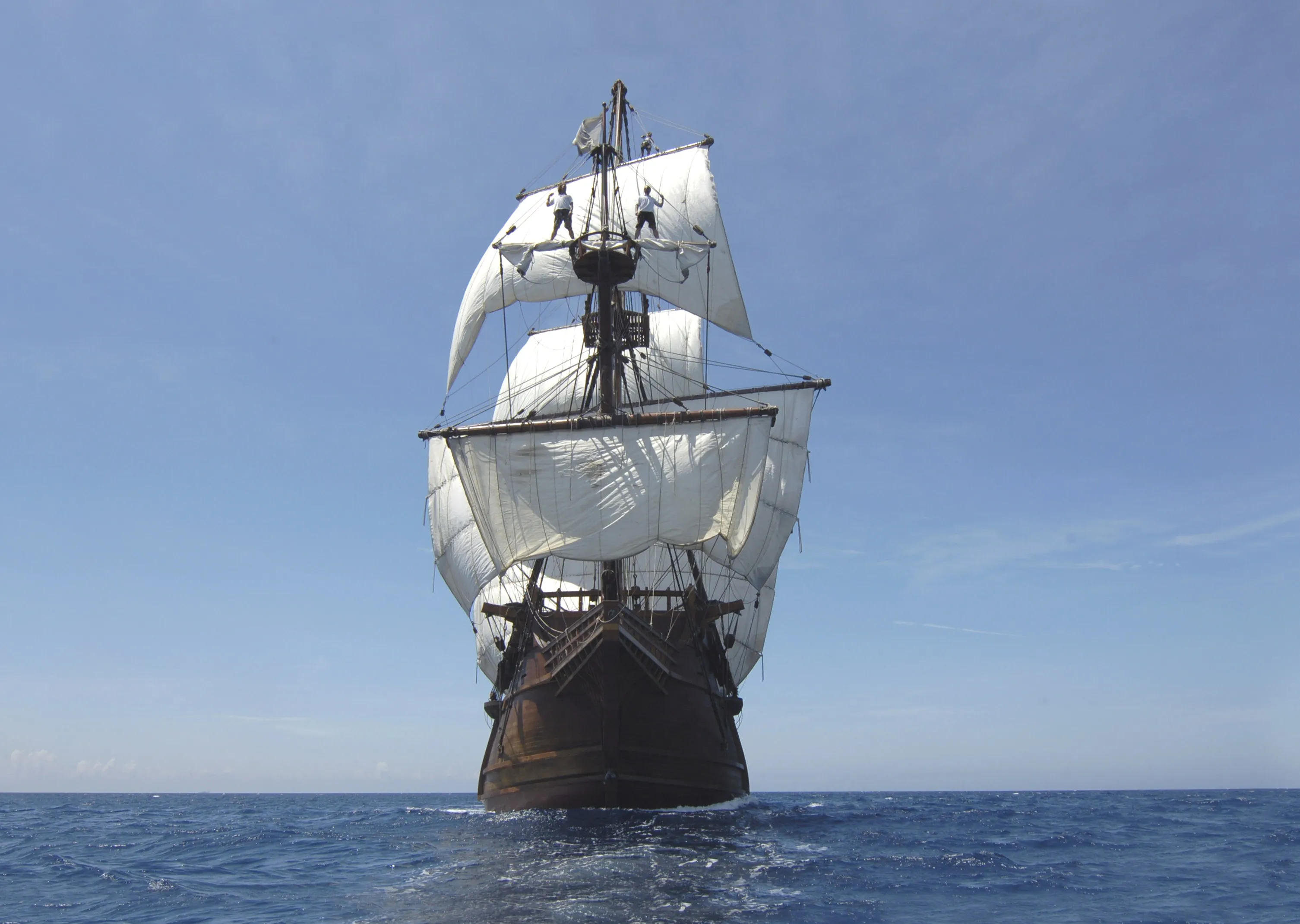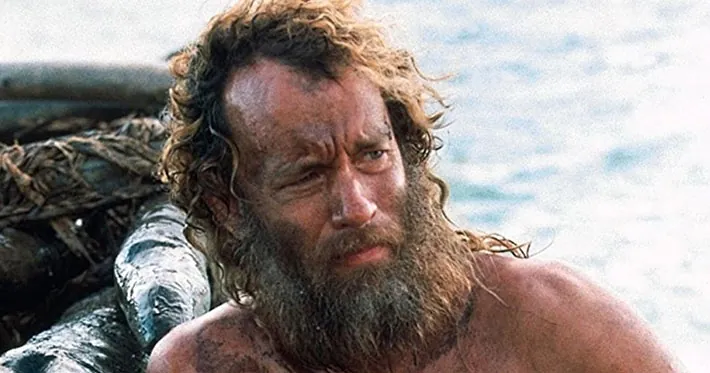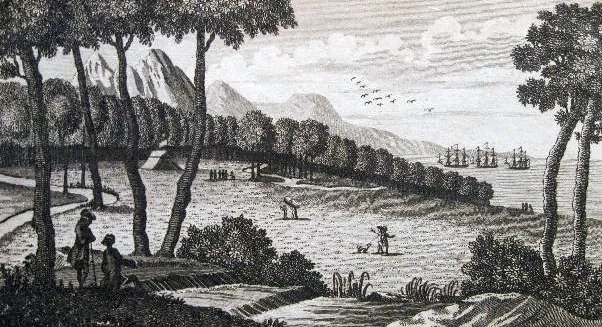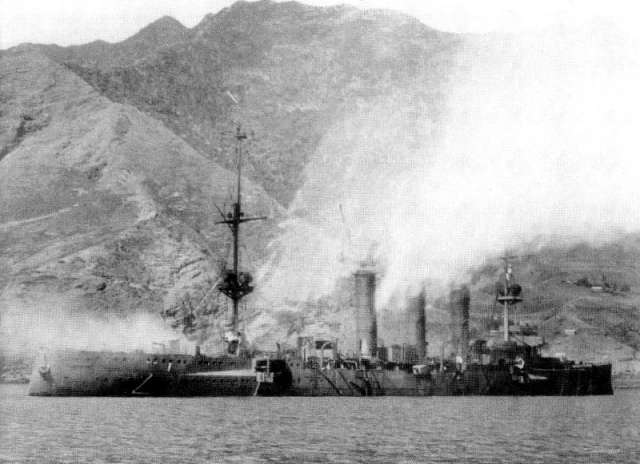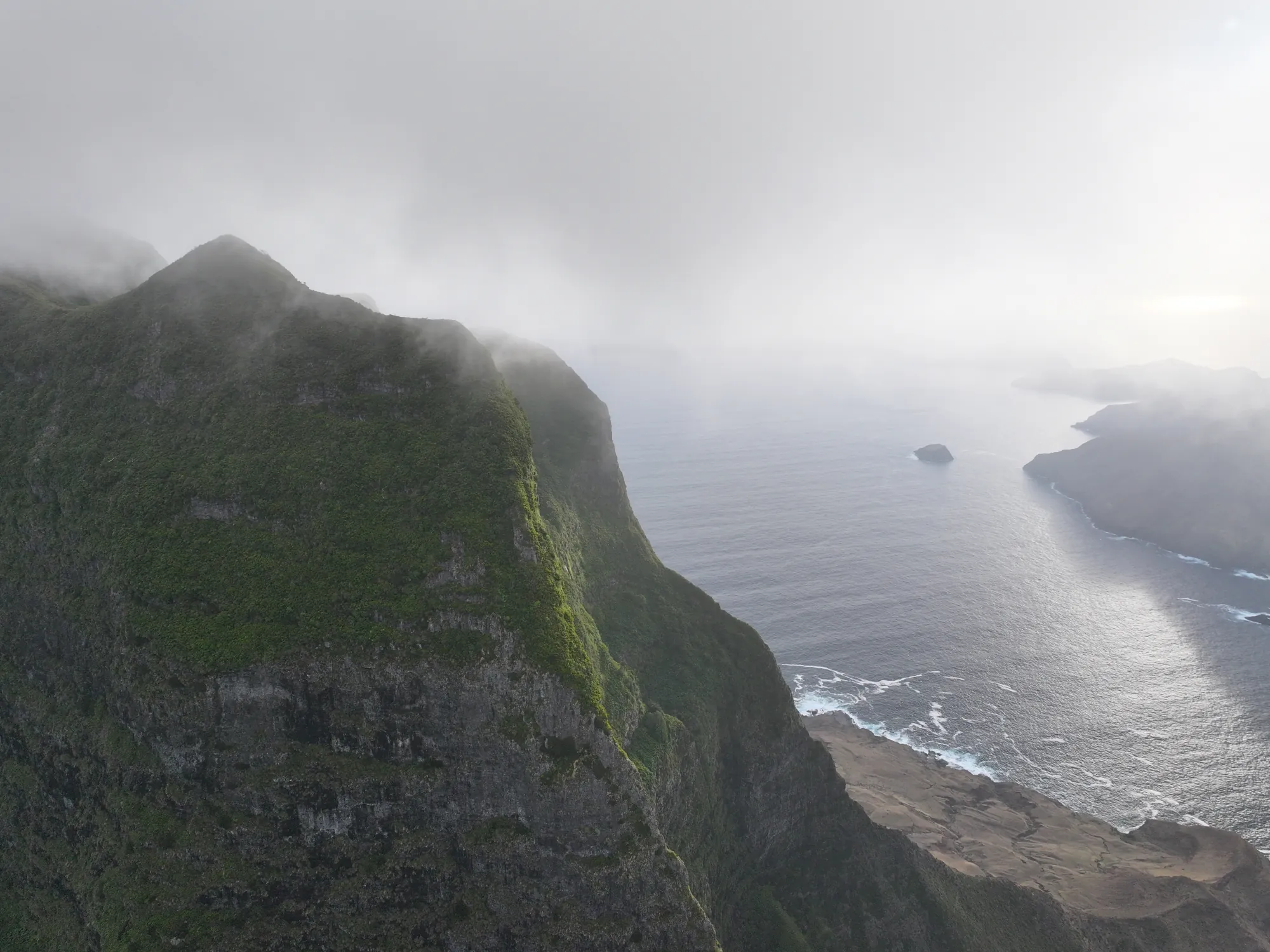Landscapes
The beauty and majesty of the islands
Unique rock formations, deep valleys and panoramic views that show the geological evolution of the archipelago over millions of years. The trails that cross the island allow you to appreciate this unique geological diversity in the South Pacific, the result of submarine volcanic activity originated more than 3 million years ago.
